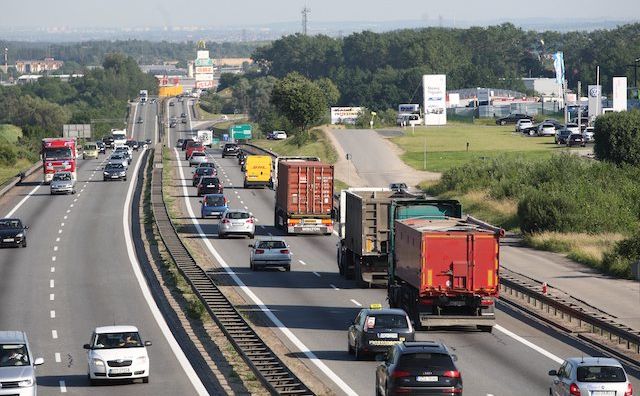An offense to common sense and EU principles
The international trucking business in the EU, now dominated by highly competitive companies in Central Europe, can be disrupted by Brussels’ ham-handed attempt to shield cargo movers in countries with high minimum wages. The issue has political ramifications for the EU as well.

In a nutshell
- Today, Germany alone lacks some 40,000 truckers and the problem is getting worse
- Trucking companies from Central Europe, mostly Poland, are filling in the void and providing an essential service to the EU economy
- The scheme to impose higher labor costs on the most competitive haulers puts the EU at both economic and political risk
The Transport, Telecommunications and Energy (TTE) Council of the European Union approved a set of rules that, if passed by the European Parliament, would mandate paying truck drivers who move cargo within another EU country in accordance with the compensation scales of that country. A Polish driver, for example, working for a Polish trucking company, would need to be paid in compliance with the minimum wage rules for drivers in Germany when delivering goods to that country or even transiting it. The rules also impose cumbersome time limits on cabotage shipments.
Such a regulation, meant to protect businesses in the EU countries with higher minimum wages, would violate the principle of free exchange of services. Aside from a huge load of red tape imposed on companies, the proposed rule would massively disrupt international trucking services within the EU and possibly destroy the sector in Central Europe.
From the standpoint of Western European countries, the measure is counterproductive and irrational. Consider Germany’s situation. The country is facing an alarming shortage of truck drivers. Every year, some 67,000 professional truck drivers are leaving the workforce while only 27,000 are starting on the job. Germany comes in short some 40,000 truckers per year, which causes bottlenecks in the entire logistics industry. The problem is getting worse.
As a result, Europe’s largest economy is increasingly dependent on Central European companies for this essential service. The TTE’s new rules would deal this division of labor a crushing blow.
The social benefit of the proposed rule is also doubtful. The current salaries of Polish truck drivers allow them to enjoy a similar lifestyle to that of their German colleagues, thanks to Poland’s lower cost of living.
This is another populist and shortsighted measure, strongly supported by France. If it becomes law, it will have the unintended consequence of further damaging the EU’s cohesion.
